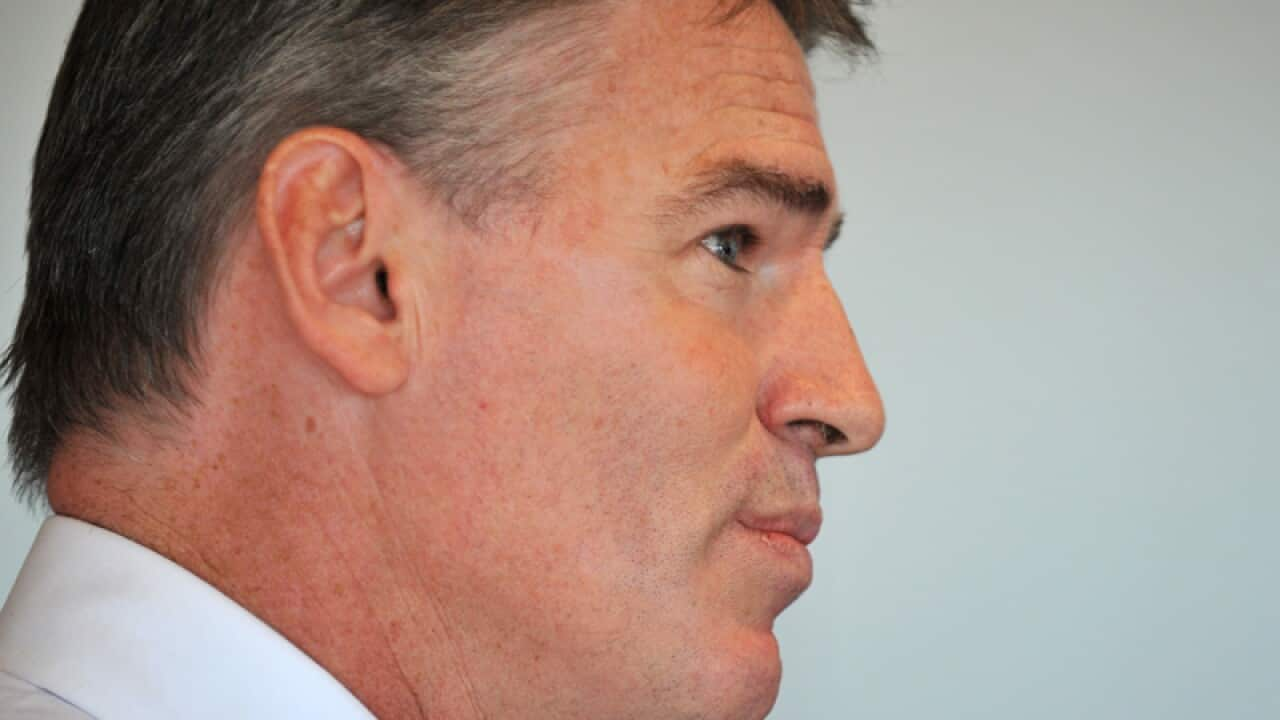For anyone in Canberra on September 7, 2010, there were 17 minutes never to be forgotten.
And one man: Rob Oakeshott.
The memory of his excruciating joint press conference with fellow independent MP Tony Windsor - in which he eventually backed Julia Gillard and Labor into minority government - came flooding back on Friday as he announced a political comeback.
And in true Oakeshott style, he wasn't brief.
In a 618-word statement he confirmed his nomination for the seat of Cowper on the NSW mid-north coast.
He answered the obvious questions (Is this a late call and why are you coming back after leaving?) saying he has more to give.
"After the 43rd Parliament, I was exhausted," he said, lamenting getting the Senate and House of Representatives to work together for a full term was hard work.
The former member for Lyne, before a redistribution put his hometown into neighbouring Cowper, says he risked his health and reputation, but managed to avoid the chaos of a double-dissolution election.
And now he's back to fight in one.
"In 2013 I didn't think I would ever want to see politics again," Oakeshott said.
"Over time I realised I had more to give, and the politics was still in my blood."
And the big question: Who would he back in the event of a hung parliament after July 2?
"Every election is different, and the numbers and personalities always change. Lightning never strikes twice," he says.
But Malcolm Turnbull would have "first go" in forming government.
"I would not block his efforts to do so, and would accept his phone call if he wanted to formalise something in more detail," Oakeshott said.
This time he's explaining his decision in advance.
"I ask the community to remember that a prime minister is not only in office prior to an election, but also during and after.
"They, therefore, have the responsibility to lead on any process of negotiation, in the unlikely event that it may occur."









